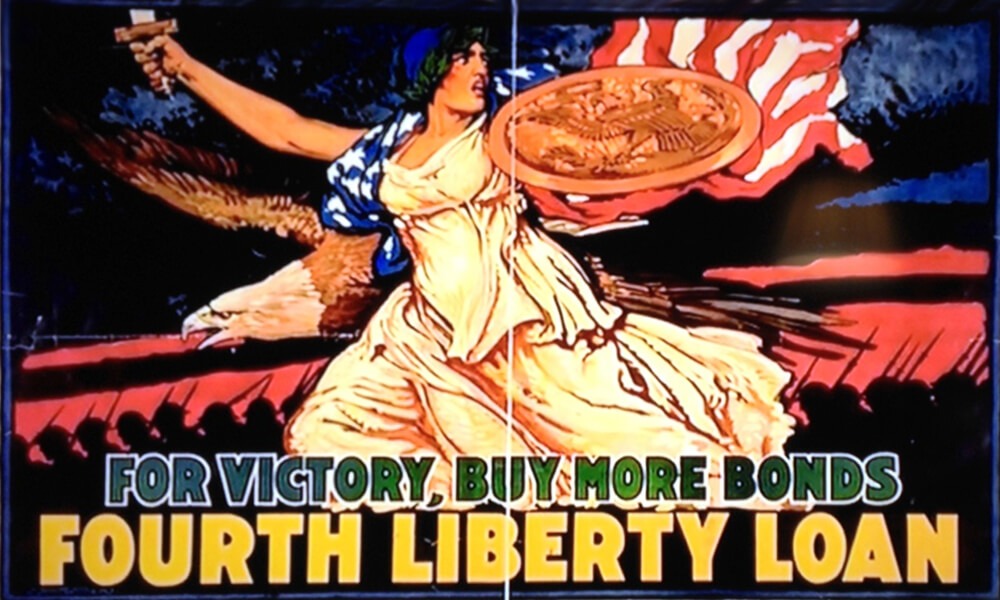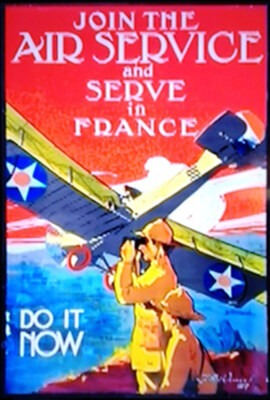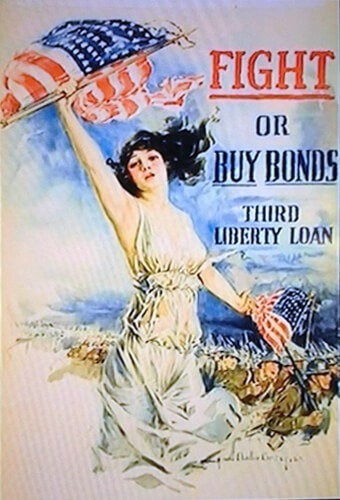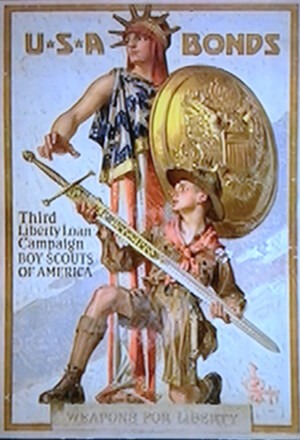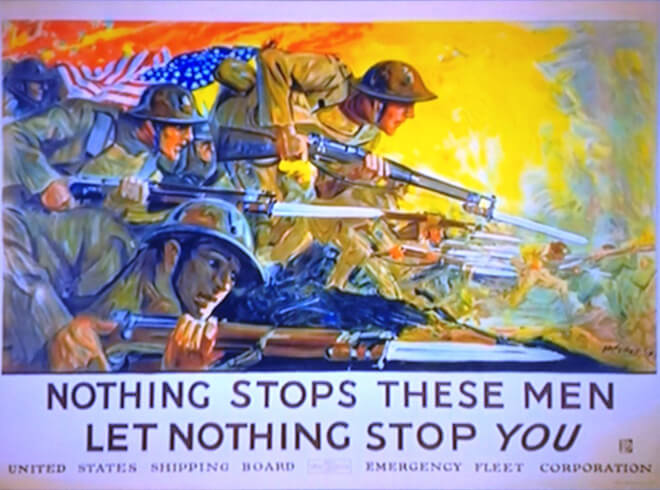As we are about to celebrate Veterans’ Day, I feel led to offer you this encore Musings from two years ago, originally titled . . . The 11th Hour of the 11th Day of the 11th Month. Then, at the bottom, you’ll find a few bits of additional information.
The end of conflict in what we now call World War One, in earlier times known as The Great War.
Since that time, the date has been a special day on our calendars … initially known as Armistice Day here in the United States, to celebrate the “boys” coming home from that brutal conflict on foreign soil and to honor and remember those who did not. In 1954, November 11th was officially re-named Veterans Day, to honor all who served in our military, regardless of date or war. In other parts of the world, November 11th is also a declared holiday, but has always carried the name Remembrance Day.
As for the War … it was an Armistice, an agreement between the two sides, that, after more than four years of unimaginable bloodshed and destruction, at the request of Germany — with its army having finally been decimated — the fighting would cease at 11 A. M. on the 11th day of November 1918, exactly 100 years ago.
However, it was not a true surrender by Germany … which would lead to the Nazi movement taking root just a few short years later. The Germans never really “bought into” the terms of the treaty, which realigned Germany’s geographic boundaries and assigned to them responsibility for the war’s costs.
While there were many factors and elements involved, the War is considered to have officially begun on July 29, 1914, when Austria-Hungary declared war on Serbia following the assassination of Archduke Franz Ferdinand of Austria and his wife Sophie a month earlier by Serbian nationals, unhappy over Austria-Hungary having annexed Bosnia some years earlier … all part of “shuffling of the deck” and jockeying for power which had been going on for decades in Europe. Also playing a key role was Germany, who had an alliance with Austria-Hungary and whose leaders were seeking more power, influence and territory. There’s more background information here: World War One Causes.
The existence of a group of alliances and aid pacts between the major European powers is also considered to have played a role. As these countries came to each other’s aid, their declarations of war produced a domino effect. The alliances resulted in the nations combining into two groups: Britain, France and Russia formed the Triple Entente, while Germany, Austria-Hungary and Italy comprised the Triple Alliance.
Even though it was thought that the “fighting would be over by Christmas” (of 1914), the war raged on, with neither side winning … except the casualty list continued to grow.
As the end of 1916 approached, German U-boats began sinking U. S. merchant ships in the North Atlantic, causing President Woodrow Wilson to ask Congress to allow our nation to join “a war to end all wars” that would “make the world safe for democracy.” Congress voted to declare war on Germany on April 6th, 1917.
Under the command of General John J. Pershing, over the next 18 months more than two million U. S. soldiers would see action on the battlefields of France … with more than 100,000 of them dying in the conflict. However, without the Americans, it’s most unlikely the British and French forces could have overcome the Germans. (As you see in the posters displayed here, a major nationwide promotional effort was launched to encourage men to join the U. S. armed forces and all to purchase Liberty Bonds.)
Even though the guns fell silent at 11th hour of the 11th day of the 11th month, November of 1918, World War One did not officially end until the signing of the Treaty of Versailles on June 28, 1919, to take effect on January 10, 1920. The treaty is so named as it was signed in the Hall of Mirrors in the Palace of Versailles, located outside of Paris, France.
One fact is for certain: this conflict, which claimed the lives of 17 million people, traumatized a generation and overturned old empires, changing the world’s political order forever.
Postscript:
- I find it interesting that Germany had come together and united as a nation less than a half century prior its actions which led to this great, horrific war. Details in the link above.
- That the United States never ratified the Treaty of Versailles, as President Wilson had a different agenda than the British and French. You can read the full story here.
Poster photos courtesy of U. S. Army Heritage & Education Center, Carlisle, Pennsylvania
